Raisins are dried grapes that have a sweet flavor and chewy texture. They are used in a variety of culinary applications and offer several health benefits. Here’s a detailed overview of raisins:
Characteristics:
- Appearance: Small, wrinkled, and typically brown or dark purple in color. They can also be golden or green, depending on the type of grape used and the drying process.
- Flavor: Sweet and slightly tangy with a concentrated grape flavor.
- Texture: Chewy and somewhat sticky due to the natural sugars in the dried grapes.
Nutritional Benefits:
- Vitamins and Minerals: Good source of vitamins such as vitamin B6 and minerals like potassium, iron, and calcium.
- Antioxidants: Contains antioxidants like polyphenols, which help combat oxidative stress and inflammation.
- Fiber: Provides dietary fiber, which supports digestive health and helps maintain regular bowel movements.
- Natural Sugars: High in natural sugars, providing a quick source of energy.
Culinary Uses:
- Snacking: Eaten on their own as a sweet and portable snack.
- Baking: Used in baked goods like cookies, cakes, bread, and muffins for added sweetness and texture.
- Cooking: Added to savory dishes, such as pilafs, stews, and salads, to provide a sweet contrast.
- Trail Mix: Included in trail mixes along with nuts, seeds, and other dried fruits.
- Cereals and Oatmeal: Mixed into cereals and oatmeal for extra sweetness and nutrition.
Health Benefits:
- Digestive Health: The fiber in raisins aids in digestion and helps prevent constipation.
- Energy Boost: Natural sugars provide a quick energy boost, making raisins a good choice for a pre-workout snack.
- Bone Health: Contains calcium and boron, which support bone health and may help prevent osteoporosis.
- Iron Content: Helps in maintaining healthy blood levels and preventing anemia.
Types of Raisins:
- Thompson Seedless: The most common type, small and brown, with a sweet flavor.
- Sultanas: Also known as golden raisins, these are made from green grapes and are lighter in color and flavor.
- Currants: Made from small, dark grapes (Zante currants) and are smaller and darker than other types of raisins.
- Black Raisins: Dark, wrinkled raisins with a robust flavor.
Processing and Forms:
- Whole Raisins: Eaten as-is or used in various recipes.
- Raisin Paste: Ground raisins used in baking and cooking as a natural sweetener or flavor enhancer.
- Raisin Juice: Juice extracted from raisins, sometimes used in beverages or as a sweetener in recipes.
Storage:
- Raisins: Store in an airtight container in a cool, dry place. They can also be refrigerated or frozen to extend their shelf life.
- Dried Raisins: Can last for several months when stored properly. Ensure they are kept away from moisture to prevent mold growth.
Popular Recipes:
- Raisin Bread: Sweet bread made with raisins, often enjoyed for breakfast or as a snack.
- Raisin Cookies: Classic cookies that feature raisins as a key ingredient.
- Raisin and Nut Mix: A simple snack mix of raisins and assorted nuts.
- Raisin Pilaf: A savory dish with rice, raisins, nuts, and spices.
Tips:
- Plumping Raisins: To make raisins plumper and juicier for recipes, soak them in warm water or juice for about 10-15 minutes before using.
- Using in Baking: Toss raisins in a little flour before adding to batter to prevent them from sinking to the bottom.


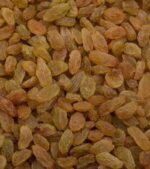
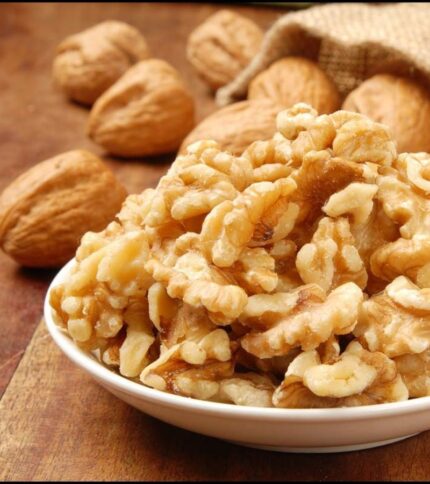
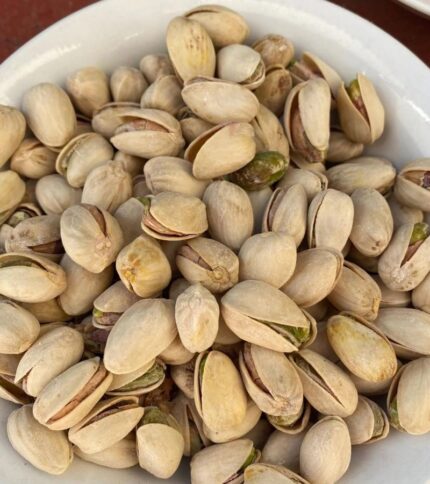


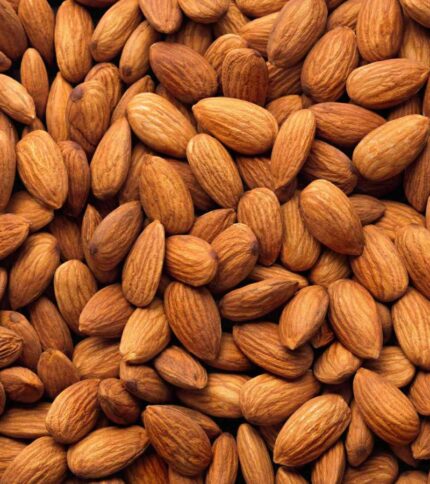
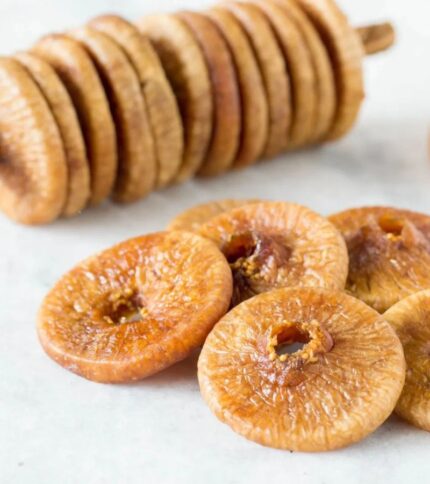
Reviews
There are no reviews yet.